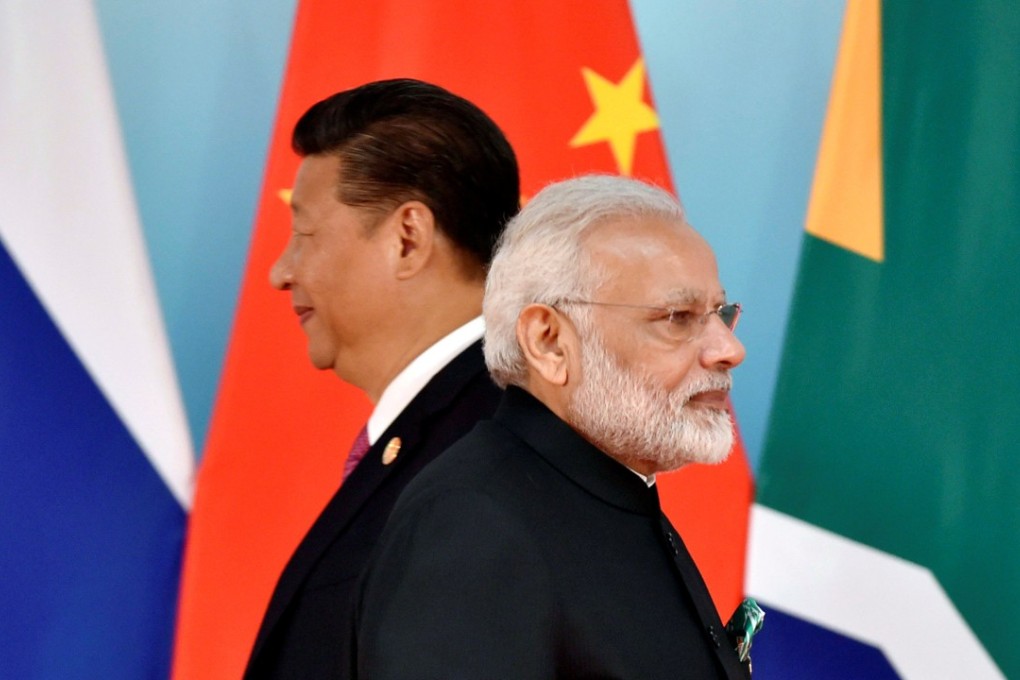China seeks emerging economies’ support for pushback on US tariffs
Call comes as leaders from Brazil, Russia, India, China and South Africa prepare for summit in Johannesburg

China has urged the world’s developing economies to join forces against US tariffs as leaders of the world’s five major emerging markets prepare for their annual summit later this month.
Chinese President Xi Jinping will reinforce the message at the BRICS summit in South Africa, one stop on a 10-day overseas trip from July 19 that will include state visits to the United Arab Emirates, Senegal and Rwanda. Xi will also stop in Mauritius for a meeting with the country’s prime minister.
In Beijing on Friday, Chinese assistant minister of foreign affairs Zhang Jun said BRICS – a loose grouping of Brazil, Russia, India, China and South Africa – would deal with the challenges posed by “unilateralism” and policy changes in Western developed economies.
“The US has started a trade war despite international laws and rules … BRICS has taken a clear stance on this key matter and firmly opposes protectionism and unilateralism,” Zhang said.
The US has threatened on Tuesday to impose tariffs on US$200 billion worth of Chinese goods – in addition to the levies introduced last week on US$34 billion of Chinese products.
Washington came up with the tariffs in response to complaints about market access and forced technology transfers. China responded with similar tariffs of its own on US goods.